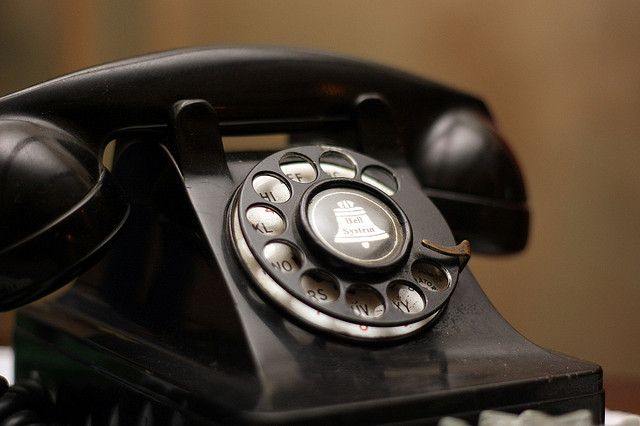Misdialing a number may cost senior citizens. Fat finger frauds are quickly becoming a problem that may unnecessarily cost Americans money.
Fat finger scams happen when a person misdials a number, usually to a reputable 800 number for banks or Social Security. Once a person dials the wrong number, they’re told they won a prize or can receive medical supplies. The caller is then told to give their credit card number to receive the prize or products. After the caller gives their personal information, they often become victims of identity theft.
Though fat finger scams are prevalent, there are ways to fight back:
From Consumer Reports:
- Double-check before you dial. “Be careful when you dial out,” warns Amy Nofziger, regional director with the AARP Foundation. “If you have a phone that digitally displays the number you dialed, make sure to compare it to what you meant to dial.”
- Know your toll-free codes. It’s important to understand that there are multiple toll-free codes (800, 888, and 866). “Sometimes I’ve heard consumers say they didn’t know, so they automatically choose 800 for dialing out,” Nofziger says.
- Don’t hesitate to hang up. If you are greeted by a recording or a live operator who doesn’t mention by name the company or agency you think you’ve called, hang up, check the number again, and redial. If it happens again, hang up and wait till you can confirm the number you are calling. Similarly, if you are told that you’ve qualified for a prize, have been selected for a survey, or are being offered a “free” product, end the phone call immediately.
- Guard your personal information. Always be suspicious of anyone who asks for your Social Security number, birth date, or other personal information.
- Pay attention to your phone bills. Check to make sure you aren’t being charged for any services or long distance calls you didn’t authorize or make.
- Call it in. If you see anything suspicious report it to your phone company immediately. Also consider filing a complaint with your State’s Attorney General’s office, the Federal Trade Commission, and the Federal Communications Commission.
In addition to double checking phone bills, it’s also advised to conduct a credit check to make sure scammers haven’t stolen a person’s credit card information.
Photo by Doug via Flickr CC License




